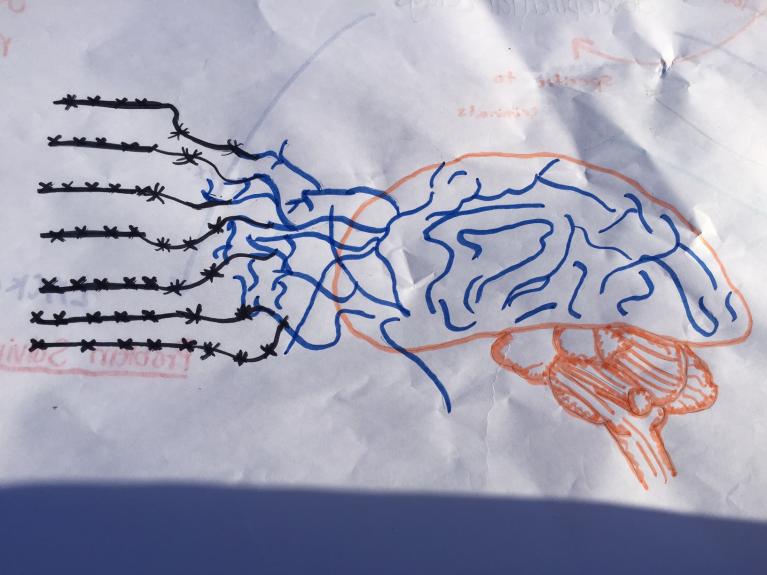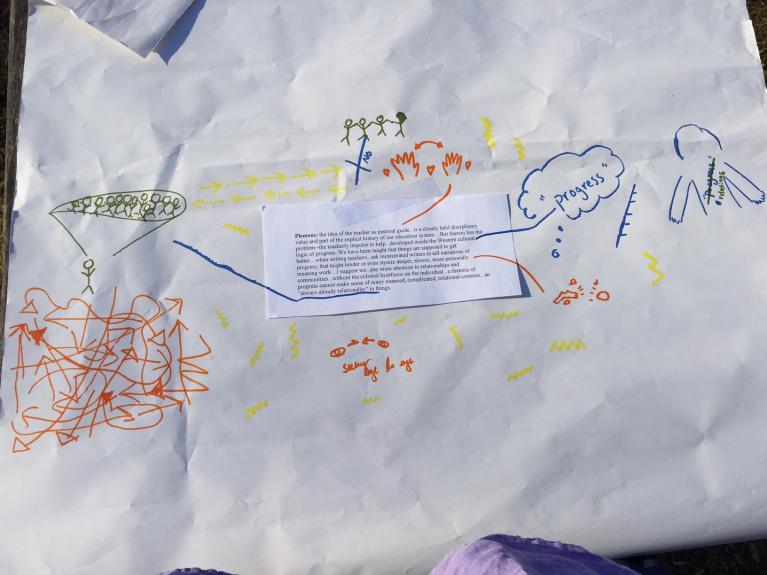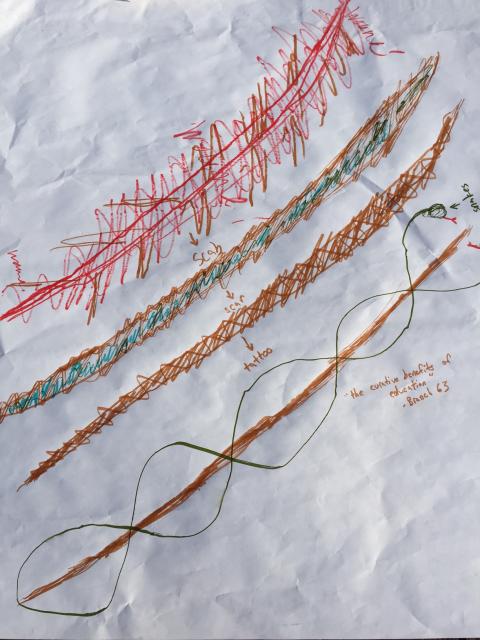Future Discussions
By NicoleGiannettiFebruary 27, 2017 - 23:19
When we read A Disability History of the United States, author Kim Nielsen took an intersectional approach with disability studies throughout the book. During class discussions we have briefly discussed how disability is connected to gender, race and class. I would like to further a conversation about the intersectionality of disability studies.






